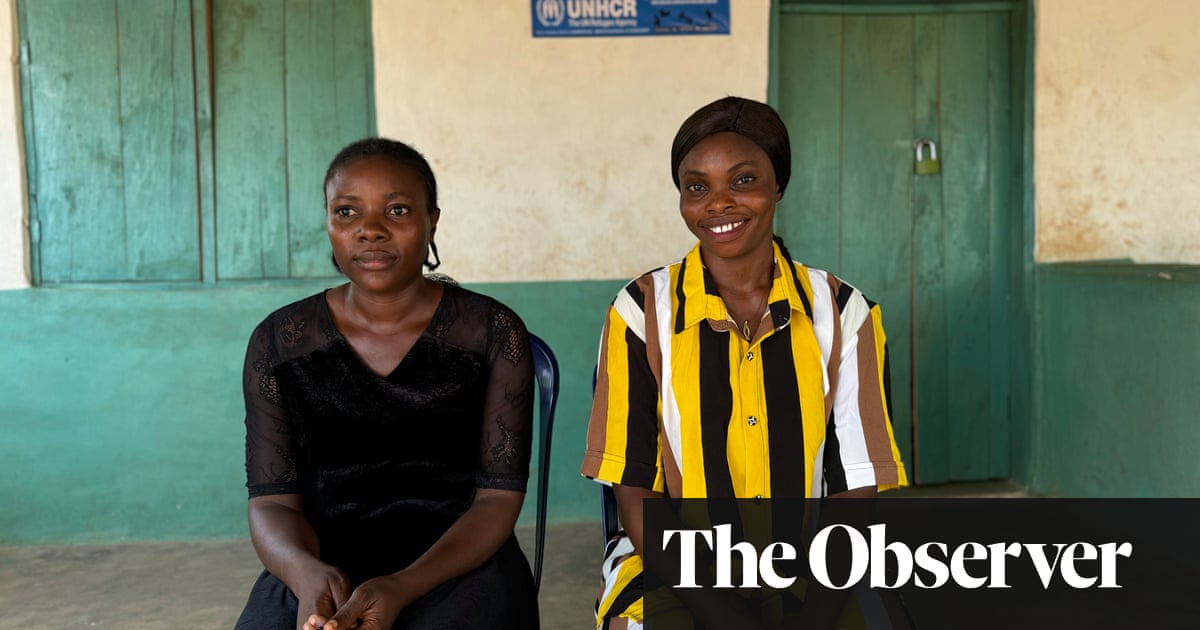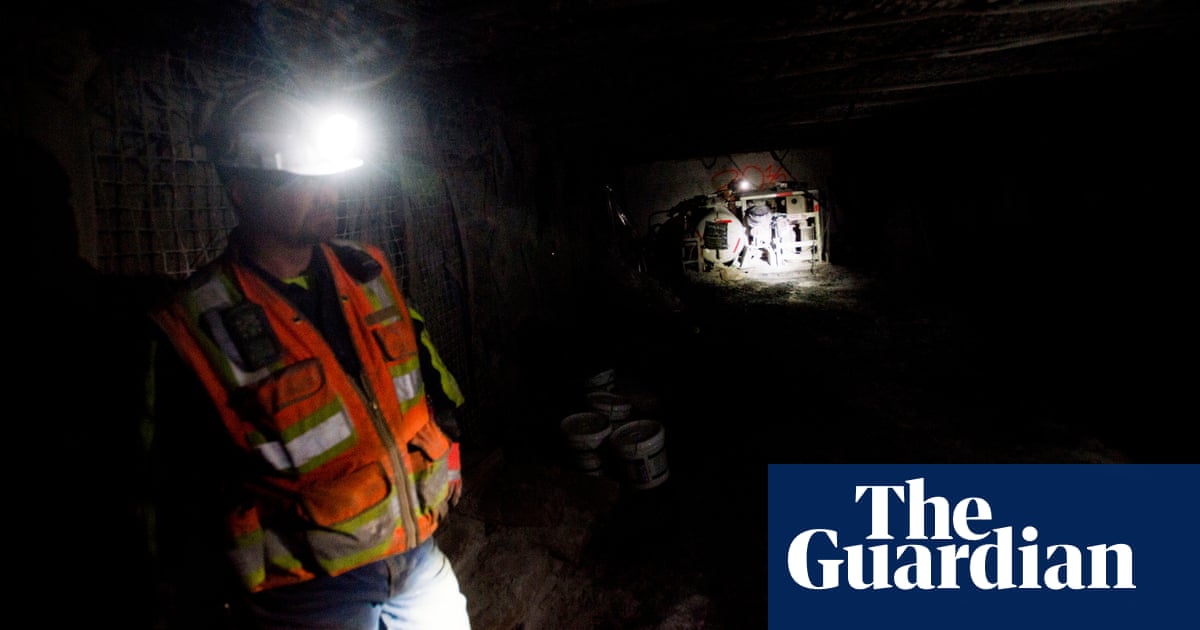Investigators in South Korea have extracted data from one of two “black boxes” retrieved from a Jeju Air plane that crashed shortly after landing on Sunday, killing all but two of the 181 people aboard.
The country’s deputy minister for civil aviation, Joo Jong-wan, said initial data had been retrieved from the Boeing 737-800’s cockpit voice recorder, adding that the contents were being converted into audio format.
Authorities are hoping the voice recorder, along with a second black box containing the flight data recorder, will provide crucial clues about events leading up to the pilot’s attempt to land after the aircraft’s landing gear apparently failed to deploy.
The plane, on a return flight from Thailand, was carrying 175 passengers and six crew when the cockpit issued a mayday call and belly-landed on the runway at Muan international airport in the country’s south-west.
The aircraft careered along the runway before hitting a barrier and bursting into flames, killing everyone aboard except two flight attendants who were pulled from the burning wreckage at the rear of the aircraft.
An “initial extraction (of the cockpit voice recorder) has already been completed,” Joo said. “Based on this preliminary data, we plan to start converting it into audio format,” he added, which will enable investigators to hear the pilots’ final communications.
The flight data recorder, however, “was found with a missing connector,” Joo added. “Experts are currently conducting a final review to determine how to extract data from it.”
It was unclear how long it would take officials to convert the data from the voice recorder, while damage to the flight data recorder could prolong efforts to get to the bottom of the worst aviation disaster on South Korean soil.
South Korea’s transport ministry said on Wednesday it will send the plane’s flight data recorder to the United States for analysis.
Black boxes are typically located in the tail of an aircraft – which experience suggests sustains the least damage in an accident – and are designed to survive high-speed impact and fires. They are not failsafe, however, and can sometimes be damaged or destroyed.
Several theories have been put forward as the possible cause of the crash, including a bird strike and possible mechanical failures, with local media reporting that the landing gear had deployed successfully during the plane’s first attempted landing, but failed on a second attempt moments later.
Authorities said they had identified all 179 victims, whose remains are being released from a temporary morgue at Muan airport to enable their families to make funeral arrangements.
Officials have said the bodies were very badly damaged by the crash, making the work of identifying remains slow and difficult – to the frustration of grieving relatives who have spent four days at the airport.
The country’s acting president, Choi Sang-mok, said South Korean investigators had been joined by experts from the US National Transportation Safety Board and officials from Boeing. “A comprehensive analysis and review of the aircraft’s structure and the black box data will reveal the cause of the accident,” Choi said at a disaster response meeting on Wednesday.
The initial onsite investigation has centred on a barrier located near the end of the runway that supported a navigation system used to help aircraft land called a localiser.
Most of the victims are thought to have died when the plane, which had been carrying mostly people back from year-end holidays in Thailand, smashed into the concrete barrier at speed, the impact causing the fuselage to break up and burst into flames.
Relatives of the dead filled both floors of Muan airport’s main building on Tuesday evening, as many waited to pay their respects at a makeshift altar lined with chrysanthemums and photos of the deceased.
They took turns to bow in front of the altar while others rested in hundreds of tents erected inside the airport, while religious, social welfare and volunteer groups brought them food and drink.
Many New Year’s Eve celebrations across South Korea were cancelled or toned down as the country marked the third of seven days of official mourning.
Broadcasters KBS, MBS and SBS cancelled their annual award ceremonies and countdown festivals, while the Seoul Metropolitan government said its annual bellringing performance would be replaced with a moment of silence.

 3 months ago
52
3 months ago
52













































